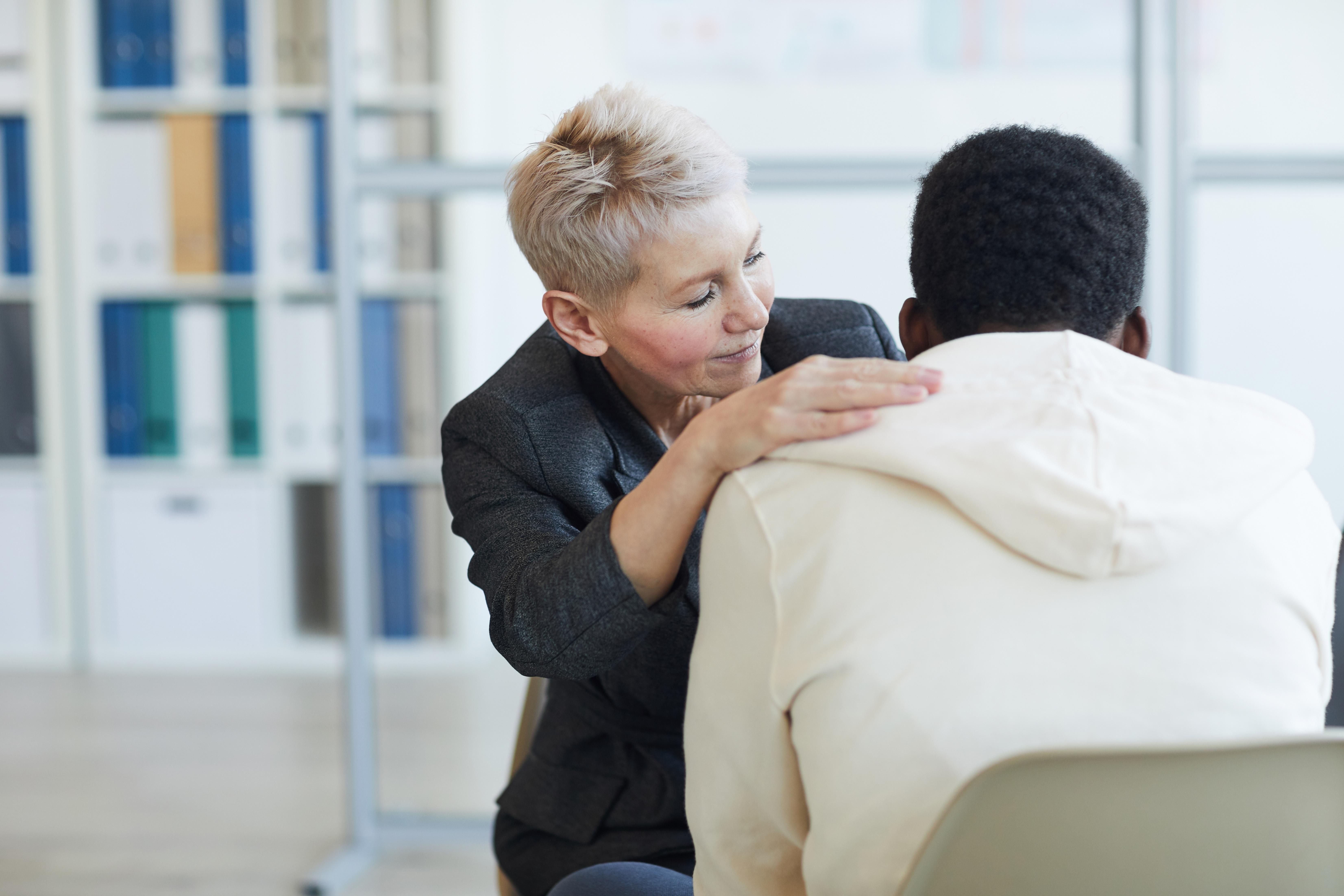10 Ways to Embrace Healing and Find Solace After Loss
Loss is an inevitable part of the human experience, yet it remains one of the most challenging journeys we undertake. Whether it's the death of a loved one, the end of a significant relationship, or the loss of a cherished dream, each experience leaves an indelible mark on our lives. Understanding how to navigate this complex labyrinth is crucial to finding solace and eventually healing. This article delves into 10 distinct ways to embrace healing after experiencing loss, offering insights and practical strategies to help you move forward. By exploring these methods, you can begin to rebuild and find meaning in life once more. The journey through grief is deeply personal, and while no single path suits everyone, the following sections provide a comprehensive guide to finding what works for you.
1. Acknowledging Your Grief: The First Step to Healing

The journey of healing begins with acknowledging the grief you feel. Denial is a common reaction to loss, providing temporary relief from the immediate pain. However, recognizing and accepting the reality of your loss is essential for healing. Grief is a natural response, encompassing a range of emotions from sadness to anger, guilt, and even relief. Allowing yourself to experience these emotions without judgment is crucial. This acknowledgment can be facilitated through journaling, speaking with a trusted friend, or engaging in quiet reflection. By confronting your grief head-on, you open the door to healing, granting yourself permission to feel and ultimately to heal.
2. The Role of Support Systems: Leaning on Others

No one should navigate the journey of grief alone. Support systems, whether they be family, friends, or support groups, play a pivotal role in healing. Sharing your experiences with others who understand your pain can provide comfort and validation. Support groups, both in-person and online, offer a safe space to express your feelings and hear stories of others who have walked similar paths. These connections remind you that you are not alone, providing a network of empathy and understanding. Building and maintaining these relationships can be a lifeline, offering strength and encouragement when you need it most.
